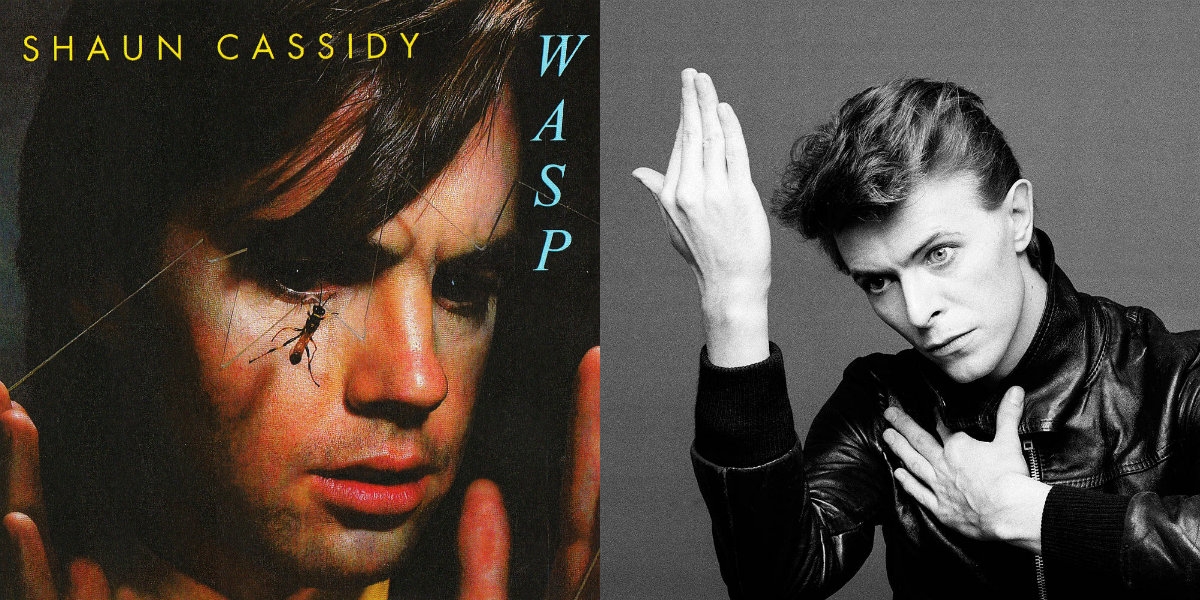


China profited from and embraced this order for a time. The third effort came following the West's Cold War triumph. European democracies emerged or were restored, NATO was enlarged, the European Union expanded, and it seemed for a time that the rules, practices, and institutions developed in the West after World War II and during the Cold War period could absorb and steer an expanded international order.

and its partners were dramatically more successful, building what came to be called "the liberal international order," through the Marshall Plan and new multilateral institutions like the United Nations, the World Bank and IMF, NATO, the European Union, and others. isolationism, a global economic crisis, and millions dead from the Holocaust and World War II.įollowing World War II, the U.S. Instead, the world got European fascism, U.S. The first effort after World War I, through the Treaty of Versailles and the League of Nations, tragically failed. National Security Advisor Stephen Hadley tells me the effort was the fourth attempt toward international order in the past century. and its allies can through Ukraine reverse the erosion of the past century's gains as a first step toward establishing the first truly "global" world order.įormer U.S. With that as context, the question is not what the new world order would be, but rather if the U.S. " "What passes for order in our time was devised in Western Europe nearly four centuries ago, at a peace conference in the German region of Westphalia, conducted without the involvement or even the awareness of most other continents or civilizations." Over the following centuries, its influence spread. "No truly 'global' world order' has ever existed," Kissinger wrote in his book "World Order. My own answer to the panel question on our preparedness for "the new world order" was to quote Henry Kissinger (who else?) in questioning the premise. Conversely, a Putin victory - even at a huge cost to Russians and Ukrainians alike - would accelerate Western decline as an effective global actor. commitment and competence and shift the trajectory of declining transatlantic influence and relevance. That said, they are watching Ukraine with fascination, because a Ukrainian victory - with a strong, united West behind it - would force a rethink about U.S. In all my many travels to the Mideast over the years, I have never heard this level of frustration from Mideast government officials with American policymakers. Beyond that, our Mideast partners have lost confidence in America's commitment to global leadership or competence for it following last year's botched Afghanistan withdrawal. They are also experiencing whiplash from a Trump administration that trashed the nuclear deal with Iran to a Biden administration they feel is pursuing it without sufficiently factoring in Tehran's regional aggression.


 0 kommentar(er)
0 kommentar(er)
